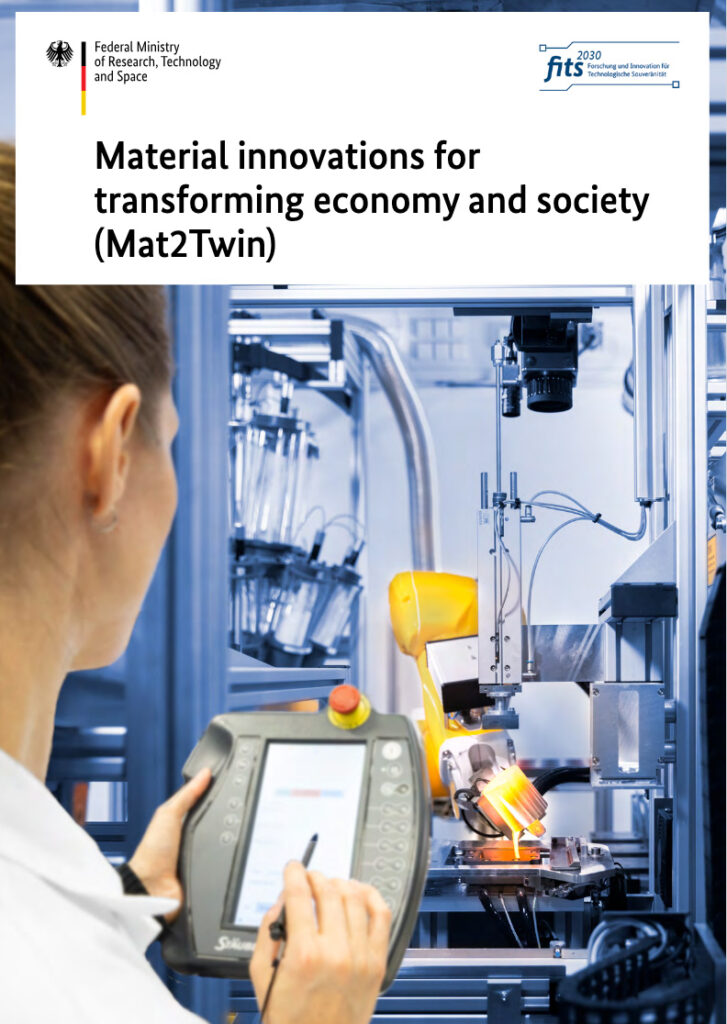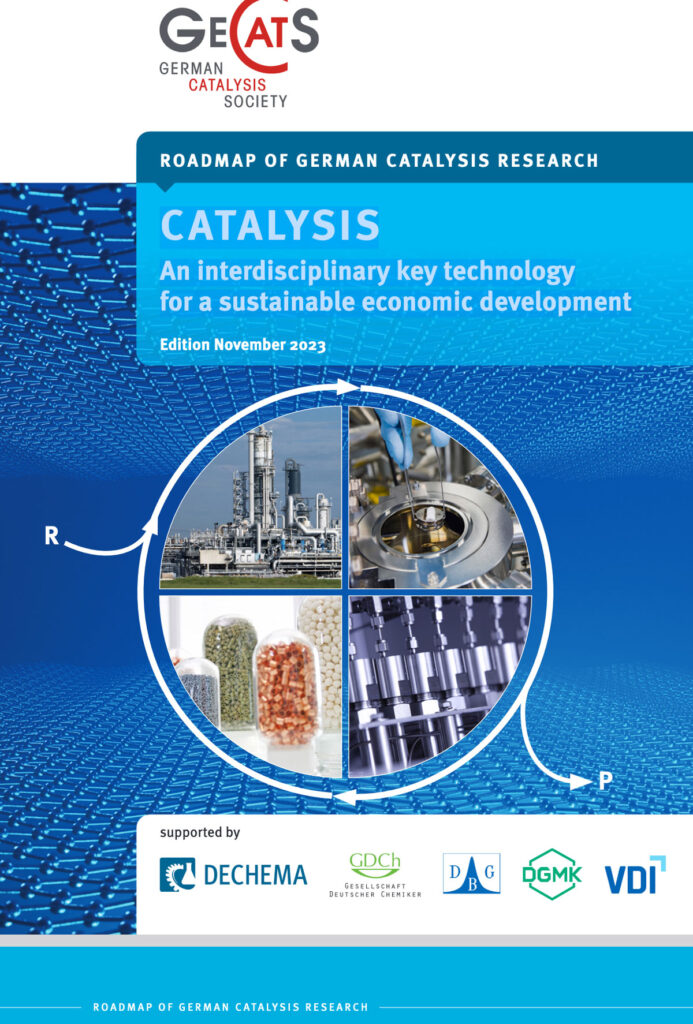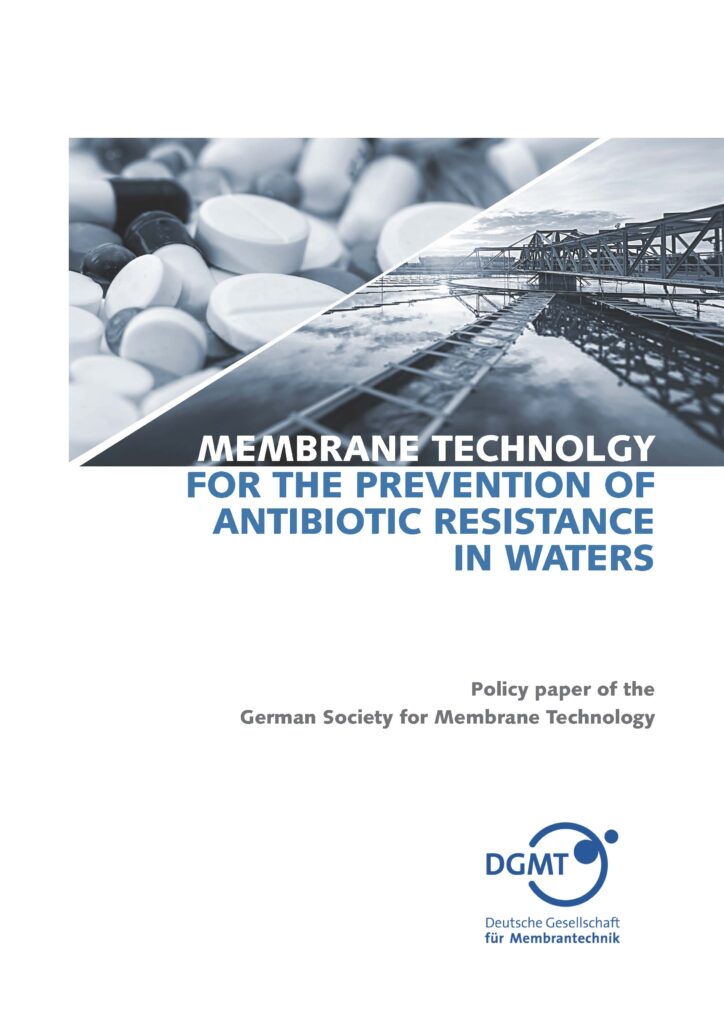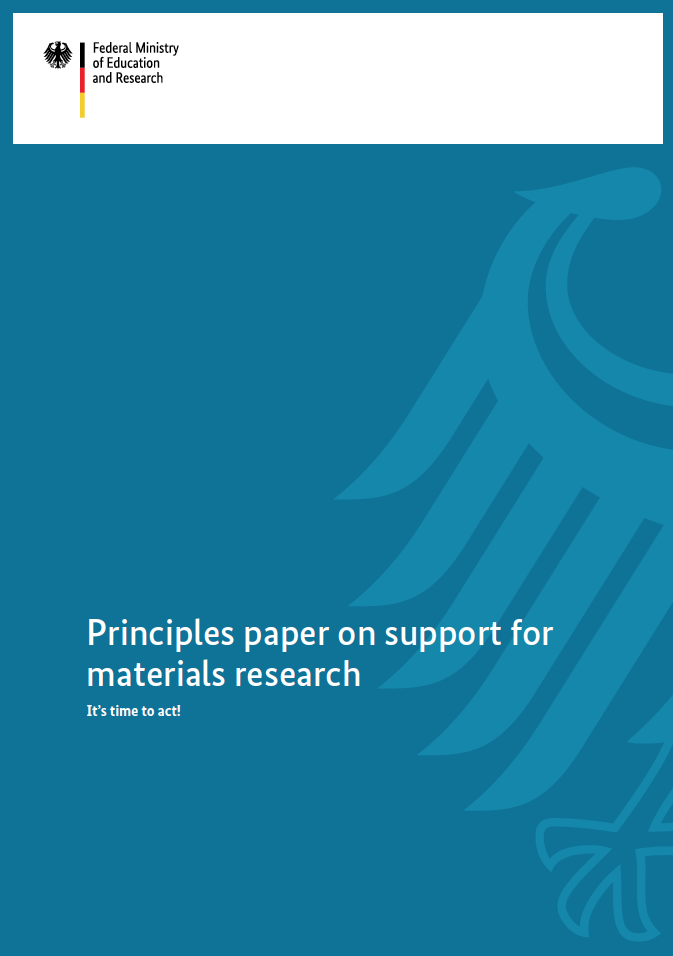Our Service section offers documents for download and links to websites of alliances on the topics of catalysis, membranes, sustainability, battery research, nanotechnologies and innovative materials.
Documents
LINKS
BioNanoNet
BioNanoNet Association is an Austrian Network which combines a wide range of expertise in numerous disciplines of medical and pharmaceutical research in nanomedicine and nanotoxicology: www.bnn.at
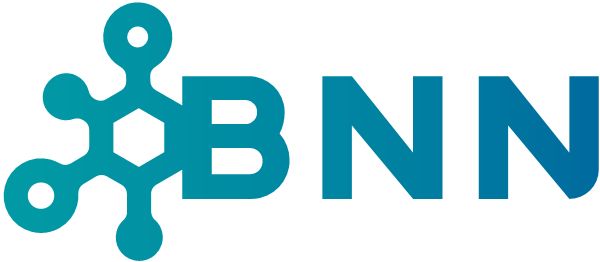
CENIDE
CENIDE, the Center for Nanointegration Duisburg-Essen, represents the appropriate focus of research at the University of Duisburg-Essen (UDE): Since 2005, it links the research and teaching activities that deal with the nano dimension, in natural science, engineering and in medicine. Partnerships with external members with similar research approaches strengthen the skills spectrum: https://www.uni-due.de/cenide/en/
Cluster Nanotechnology
Cluster Nanotechnology, to strengthen the interaction between industry and research in Bavaria: www.nanoinitiative-bayern.de/gb/cluster-nanotechnology/
Competence cluster ExcellBattMat
In the ExcellBattMat competence cluster, new material concepts for high-energy battery systems of the future are being developed, characterised and tested. With the ExcellentBattery centres in Dresden, Munich, Muenster and Ulm, research-strong locations in Germany have joined forces to work together under the umbrella concept “Research Factory Battery” of the Federal Ministry of Education and Research (BMBF): https://www.uni-muenster.de/ExcellBattMat/en/cluster/index.html
Competence cluster greenBatt
The greenBatt competence cluster is part of the umbrella concept of the Federal Ministry of Education and Research (BMBF) for battery research. The cluster’s mission is to develop, design and apply innovative technologies, methods and tools for an energy- and material-efficient battery life cycle and closed material cycles: https://www.greenbatt-cluster.de/en/
Competence cluster ProZell
The aim of the competence cluster for battery cell production (ProZell) is to research and improve the production process of battery cells, assess its influence on cell properties and product development costs and further develop it for new battery generations: https://prozell-cluster.de/en/
contactpointnano.ch
contactpointnano.ch is an independent, national platform pooling the scientific and regulatory knowledge and expertise available in Switzerland on the safe handling of synthetic nanomaterials – from production to use and disposal – and conveying it efficiently and in a generally understandable form to companies. Start-ups, SMEs, and established firms will find competent partners able to assist them directly or to promptly establish tailored contacts to experts and agencies. Read more about the contactpoint on contactpointnano.ch
EPA
EPA – United States Environmental Protection Agency about nanotechnologies: https://www.epa.gov/chemical-research/research-nanomaterials
EUON – European Union Observatory for Nanomaterials
EUON is the European Union Observatory on Nanomaterials. Here you can find information on nanomaterials present on the EU market. Whether you are shaping policy in this area, a consumer, an industry representative or a member of an environmental NGO, EUON’s information provides interesting reading on the topics of safety, innovation, research and uses related to nanomaterials: https://euon.echa.europa.eu/de/

FONA
FONA (Research for Sustainability) is an initiative of the Federal Ministry of Education and Research, Germany.
It supports research projects that contribute to the sustainable development of climate protection, energy, resources, and the environment. The aim is to identify and amplify digital sustainability innovations in terms of their impact for sustainable development.
forschungsdaten.info
Forschungsdaten.info is the central information portal for research data management (RDM) in German-speaking countries. The website offers practice-oriented articles on various topics and specialist areas of research data management and provides basic information. It also deals with RDM in Germany, Austria, and Switzerland, provides information about the National Research Data Infrastructure (NFDI), and gives specific practical tips. Some selected content is also available in English. The platform is edited by a team of experts in the field of RDM: https://forschungsdaten.info/

Framework for the Risk Assessment of Manufactured Nanomaterials
The Canadian government published the “Framework for the risk assessment of manufactured nanomaterials under the Canadian Environmental Protection Act, 1999 (draft)” (CEPA 1999). CEPA 1999 is an important part of Canada’s federal environmental legislation aimed at preventing pollution and protecting the environment and human health: https://www.canada.ca/en/environment-climate-change/services/evaluating-existing-substances/framework-risk-assessment-manufactured-nanomaterials-cepa-draft.html
GeCaS
The German Catalysis Society (GeCatS) is the central platform for the German catalysis community in research and application. With around 1,000 members from industry and science, GeCatS promotes the exchange between companies, universities, research institutions and research policy organisations. It also actively promotes the interests of the catalysis community at national and international level: https://dechema.de/GeCatS.html
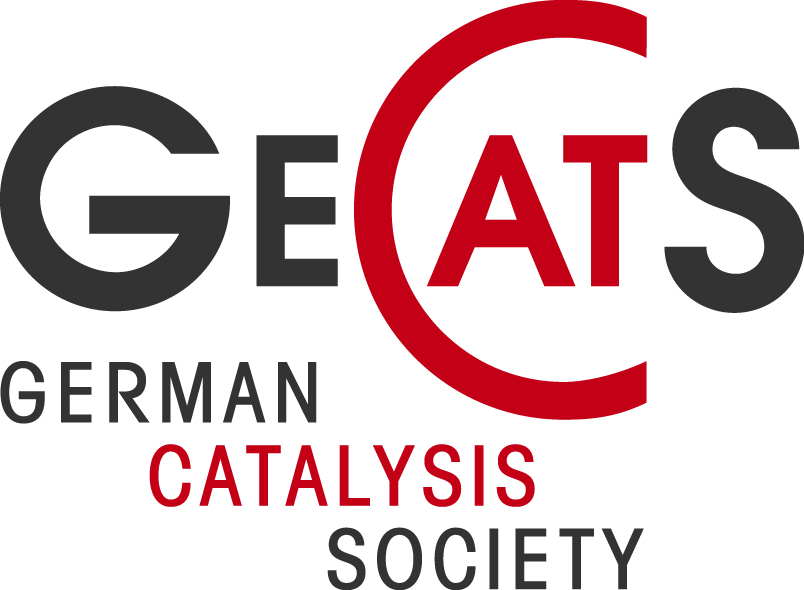
InfoNano
InfoNano is the central federal information platform for nanotechnology. The Federal Offices of Public Health, for the Environment and for Agriculture, the Commission for Technology and Innovation, Swissmedic and the State Secretariats for Economic Affairs as well as for Education and Research are involved in the website. InfoNano provides information about the opportunities and risks associated with nanotechnology and synthetic nanomaterials. It is aimed at promoting the dialogue among administrative, economic, research and societal stakeholders. www.bag.admin.ch/bag/en/home/gesund-leben/umwelt-und-gesundheit/chemikalien/nanotechnologie.html
Leibniz Research Alliance Nanosafety
The Leibniz Research Alliance Nanosafety deals with safety and security issues concerning nanomaterials and nanoproducts. The central aims are to UNDERSTAND nanoparticle-induced effects, to DEVELOP safe nanomaterials and to EXPLAIN nano-related questions. The alliance is an association of six institutes which are devoted to materials science, health and toxicology, pneumology, occupational health and safety, scientific databases and knowledge communication: www.leibniz-nanosicherheit.de/en/
MaterialDigital
The platform for the digitalisation of materials. The MaterialDigital (PMD) platform has set itself the goal of bringing together and supporting interested parties from the industrial and academic sectors in the sustainable implementation of digitisation tasks for materials: https://material-digital.de/
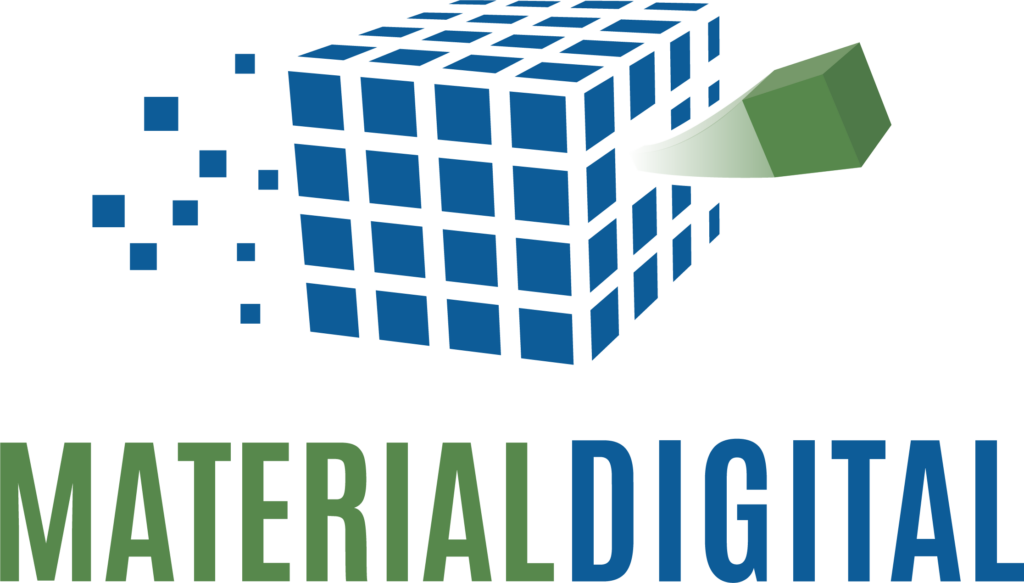
NanoCommons User Guidance Handbook
A knowledge resource for the nanosafety community from the data and nanoinformatics shepherds: information provided on Knowledge Management, FAIRification, risk assessment, Safe-and-Sustainable-by-design, nanoinformatics, training courses, demo cases and related partners and projects. https://nanocommons.github.io/user-handbook/
Nanodatabase
This Nanodatabase is an inventory of products that contain nanomaterials or are merchandised with the label ‘nano’. Each product is categorised with a color code consisting of five dots referring to exposure risk and possible hazards the nanomaterials may pose for humans and the environment (from unknown to very high). All provided information has been collected from experts of the Danish Consumer Council, the Danish Ecological Council and DTU Environment (in English and Danish): nanodb.dk/en/search-database/
NanoDialogue
The NanoDialogue of the German Government has been conducted under the Nano Action Plan of the German Federal Government from 2006-2023 in charge of the Federal Ministry for the Environment, Nature Conservation, Nuclear Safety and Consumer Protection (BMUV). In cooperation with the OECD, the Federal Ministry for the Environment concluded the Federal Gouvernment‘s NanoDialogue in June 2023 in Berlin with an international conference entitled „How the world deals with materials at the nano scale“: https://www.bmuv.de/en/topics/health-chemicals/overview-nanotechnology/nanodialog

nanoHUB.org
nanoHUB.org is an online platform for computational nanotechnology research, education, and collaboration. The website hosts a rapidly growing collection of Simulation Programs for nanoscale phenomena that run in the cloud and are accessible through a web browser. It also provides a vast array of resources that help users learn about our simulation programs and about nanotechnology in general. https://nanohub.org/

nanoinformation.at
As part of the Austrian National Action Plan Nanotechnology a new information portal for nanotechnology was launched in November 2012. Experts of different areas from public authorities, institutions and organizations provide technically sound and balanced information for the citizens.The provided information covers topics ranging from basics, to food, environment and health up to legal issues: www.nanoinformation.at
nanoTrust
NanoTrust-Advanced is the continuation of the Austrian research project nanoTrust (project end 09/2020) and deals with the integrating analysis of the state of knowledge on possible health and environmental risks of nanomaterials and advanced materials. The nanoTrust team offers dossiers that present the current state of knowledge on the current topics of nanotechnology and advanced materials in an easy-to-understand but scientifically sound manner on approx. three to six pages. www.oeaw.ac.at/en/ita/projects/current-projects/nanotrust-advanced
National Center for Nanoscience and Technology of China
The National Center for Nanoscience and Technology (NCNST) of China is co-founded by Chinese Academy of Sciences (CAS) and Chinese Ministry of Education. It is a subsidiary non-profit organization of CAS which enjoys full financial allocations with a status of independent non-profit legal entity. Main research directions of the NCNST are basic and applied researches in nanoscience building a public technological platform and research base for nanoscience with state-of-the-art equipment and open to both domestic and international users. http://english.nanoctr.cas.cn/
National Nanotechnology Initiative (NNI)
The National Nanotechnology Initiative (NNI) is a U.S. Government research and development (R&D) initiative involving 20 departments and independent agencies. The NNI brings together the expertise needed to advance this broad and complex field—creating a framework for shared goals, priorities, and strategies that helps each participating Federal agency leverage the resources of all participating agencies. https://www.nano.gov/
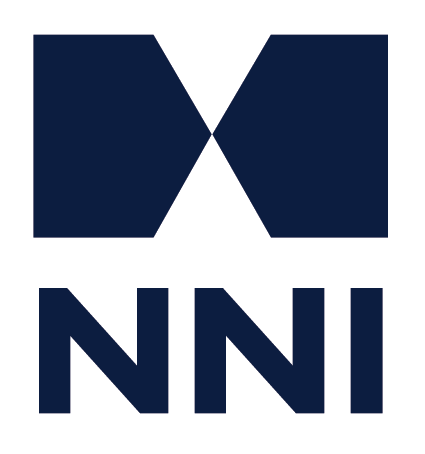
NFDI4Cat
NFDI4Cat is a community-driven and user-oriented initiative to secure the digital future of catalysis. Bringing together the various disciplines of catalysis with regard to data management is a central challenge. Therefore, the NFDI4Cat consortium was founded as part of the initiative for the National Research Data Infrastructure (NFDI). NFDI4Cat focuses on the sciences around catalysis: https://nfdi4cat.org/en/
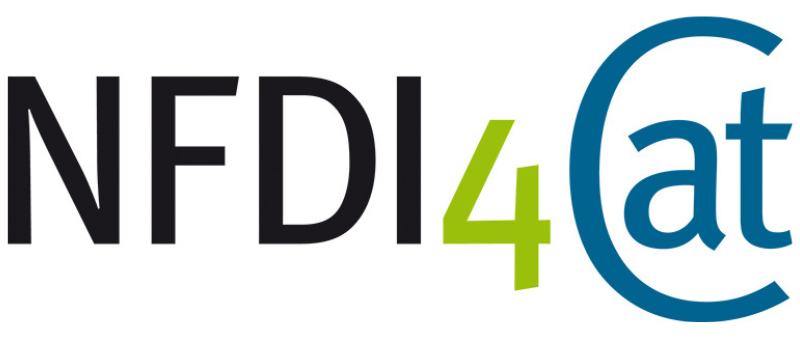
NIOSH Nanotechnology Research Centre (NTRC)
NIOSH – the leading federal US agency conducting research and providing guidance on the occupational safety and health implications and applications of nanotechnology. The Nanotechnology Research Centres’ (NTRC) job is to identify critical issues, create a strategic plan for investigating these issues and coordinate the NIOSH research efforts.
pen – Project on Emerging Nanotechnologies
The Project on Emerging Nanotechnologies. An inventory of nanotechnology-based consumer products currently on the market: http://www.nanotechproject.tech/cpi/

RMIS
The EC’s Raw Materials Information System (RMIS), led and maintained by the JRC, is a key initiative from the 2015 Circular Economy Action Plan. RMIS spans the entire raw materials value chain, focusing on metals and minerals from both primary and secondary sources. It offers insights into the full life cycle of materials, addressing sustainability, supply risks, and circularity: https://rmis.jrc.ec.europa.eu/
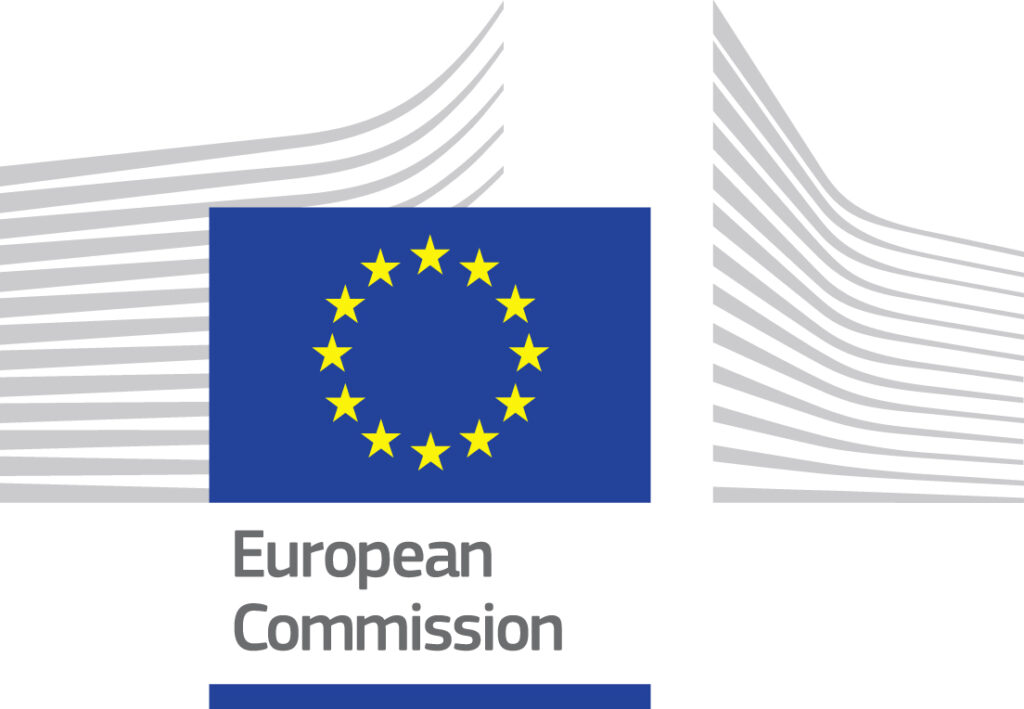
SAFENANO
SAFENANO is a venture by the Institute of Occupational Medicine (IOM). The initiative was designed to help industrial and academic communities to quantify and control the risks to their workforce, as well as to consumers, the general population collage and the environment, through both information provision and consultancy services: www.iom-world.org/research/our-work/exposure-to-nanomaterials/
Sustainable Nanotechnology Organization (SNO)
The Sustainable Nanotechnology Organization (SNO) is a non-profit, worldwide professional society comprised of individuals and institutions that are engaged in various aspects of sustainable nanotechnology, ranging from R&D to applications, implications for health and environment as well as education. SNO’s purpose is to provide a professional society forum to advance knowledge in all aspects of sustainable nanotechnology, including both applications and implications.
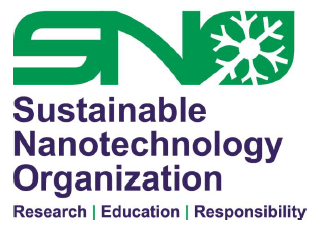
SweNanoSafe
SweNanoSafe is the Swedish National Platform for Nanosafety. It is a forum for collaboration between academia, authorities, businesses and other organisations that have an interest in sharing knowledge and experiences as well as discussing, developing and influencing the implementation of nanosafety in society. The goal is to achieve the safe handling of nanomaterials at all levels that protect human health and the environment. Here you can find selected content from the SweNanoSafe website in English: https://swenanosafe.ki.se/swenanosafe-in-english/
